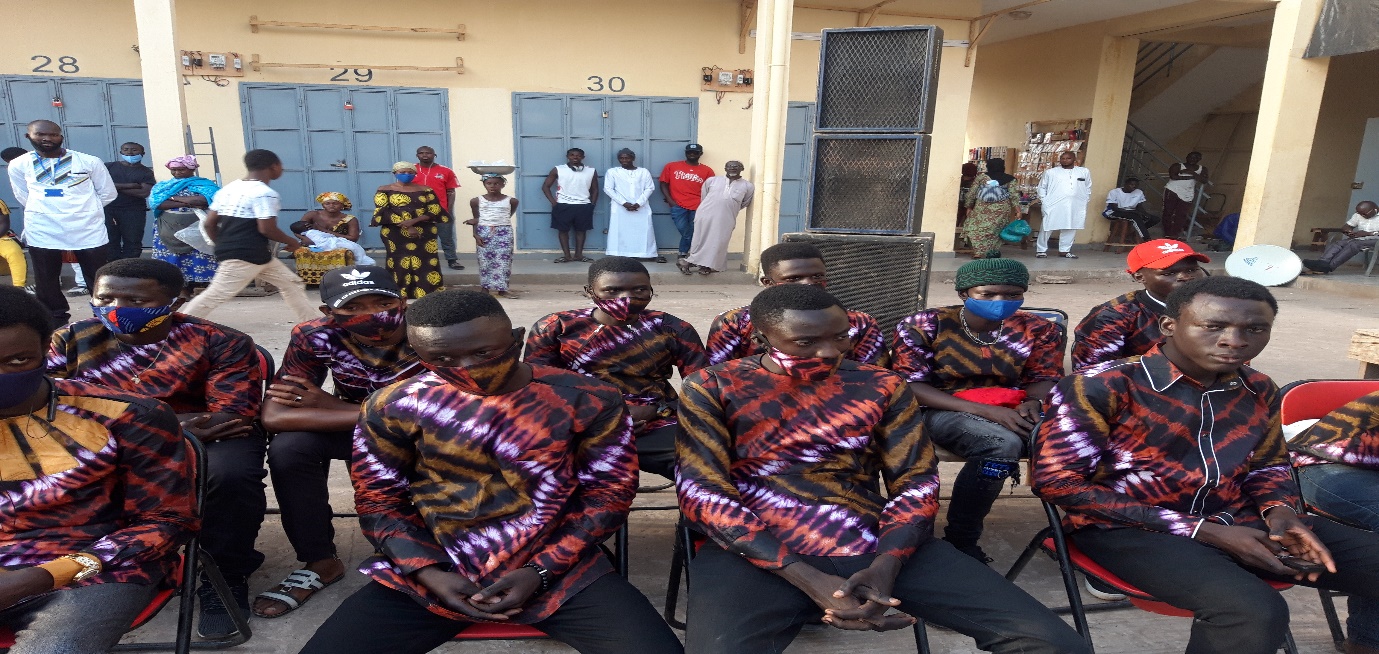By Adama Makasuba
Latrikunda Sabiji Tailoring Association has graduated thirteen young qualified tailors after years of apprenticeship.
The association established in 2016 seeks to help train young boys and girls to get skill, and help them against venturing in to bad social activities like use of drug, thievery, and minimise surge in illegal migration to Europe through the desert and the Mediterranean Sea.
Speaking at the graduation ceremony, Councillor Ansumana Bayo, who represented the mayor of Kanifing commended the graduates and described their profession as “self-demand.”
“In my humble believe the reason why youth embark on backway is lack of self-believe,” he told the gathering.
He urged the graduates to take their profession with utmost pride.
Dawda Kebbeh, the association spokesman, said the association has done a greater work within Greater Banjul Area such as cleansing exercise in a bid to eradicate backway and drug use.
Bai Mboop, a senior tailor said the nation’s development is in the hands of the youth, adding “our aim is to minimise surge in illegal migration to Europe.
“We also inculcate discipline and satisfaction in these young boys to good sons of the nation,” Bai Mboop said.
He urged the graduates to be more committed to their work and avoid doing anything that could adulterate the image of the profession.
“Tailoring is very important because no one can look fashionable without wearing clothes sewn by tailors,” he said.
Meanwhile, Lawmaker for Latrikunda Sabiji has charged Gambians especially youth to seek skills and said there are plenty jobs in the country.
The Gambia’s youth unemployment stands at 41.5%.
But MP Saikouba Marong argued in defend that some people just don’t want to be engaged in workings – saying “most of the time I will pass people in the voos saying there is no work in the Gambia, I say there are jobs in The Gambia.”
He called on the nation’s education ministries to support technical training in both lower and higher education levels to help minimise suffering of youth after graduation from schools.




